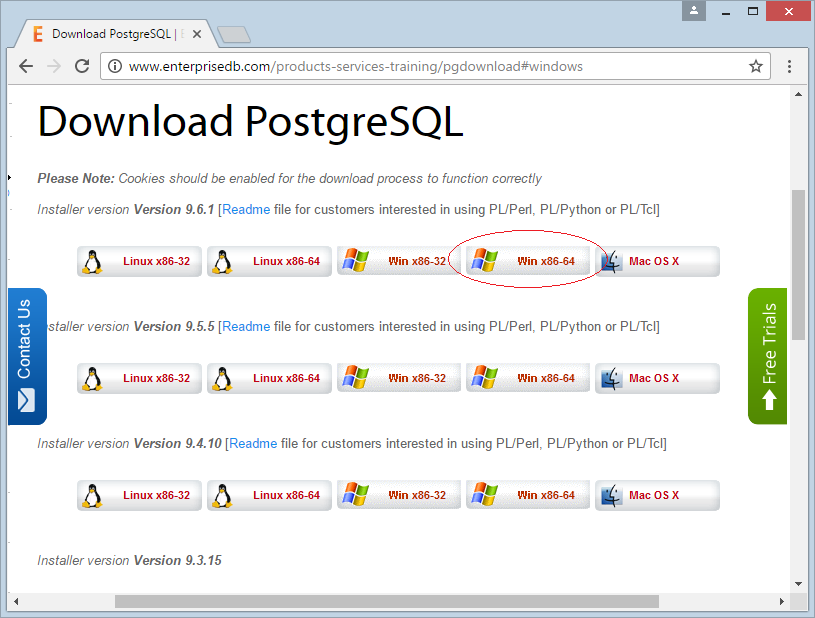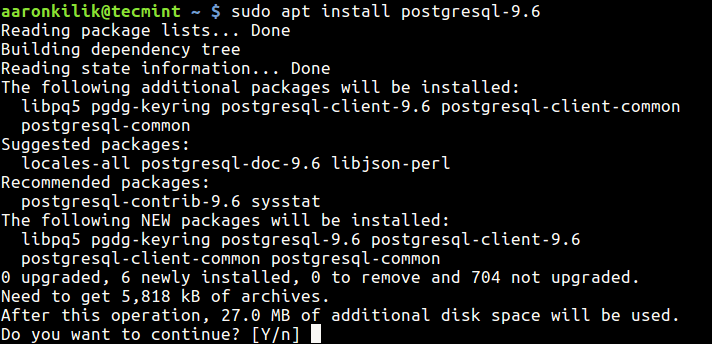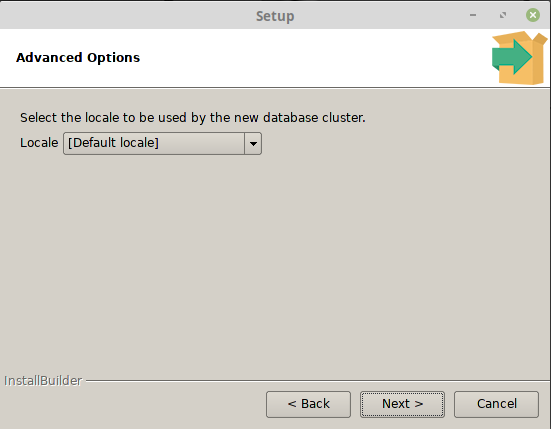
- POSTGRESQL INSTALL HOW TO
- POSTGRESQL INSTALL INSTALL
- POSTGRESQL INSTALL UPDATE
- POSTGRESQL INSTALL PASSWORD
- POSTGRESQL INSTALL DOWNLOAD
POSTGRESQL INSTALL PASSWORD
Next, you can switch to the PostgreSQL prompt and change the password for the PostgreSQL postgres user using: su - postgres You will be prompted to enter the new password twice. You can change the user’s password with the following command: sudo passwd postgres In Linux by default, a user named postgres is created once PostgreSQL is installed. In case you want PostgreSQL to start at system reboot automatically then you can optionally use the below command: sudo systemctl enable postgresql-9.6 PostgreSQL Basic Setup (Optional) Enable PostgreSQL Launch on Reboot You can restart PostgreSQL using: sudo systemctl start postgresql-9.6 8. Next, you can initialize the database using: sudo /usr/pgsql-9.6/bin/postgresql96-setup initdb 7. This completes our PostgreSQL installation.
POSTGRESQL INSTALL INSTALL
Next, we can install this using the below command: sudo yum install postgresql96-server postgresql96-contrib This completes our prerequisites for PostgreSQL installation. Complete the PostgreSQL Install Process for CentOS 7
POSTGRESQL INSTALL UPDATE
Use the below command for this: sudo yum update 5.

Update yum so that your changes get reflected. This can be installed using the below command: sudo yum install epel-release 4. Install PosgreSQL on CentOS 7 with the Downloaded Package This is required for additional PostgreSQL dependencies. This also requires RPM or RedHat Package manager along with EPEL (Extra Packages Enterprise Linux) repositories.
POSTGRESQL INSTALL DOWNLOAD
Now we will download PostgreSQL version 9.6.3. Access Your ServerĪs with the previous method, first we have to access our server using SSH. Currently, this shows PostgreSQL version 9.6 as the latest version. You can select the PostgreSQL version from the PostgreSQL yum repositories.

With this method, you can download any latest version of PostgreSQL from the official website. sudo systemctl enable postgresql Second Method – Install PostgreSQL on CentOS 7 using the PostgreSQL repository If required you can configure PostgreSQL to start on every system reboot automatically. This completes our database installation and initialization. Start the DatabaseĪfter initializing the database, you can start the database using: sudo systemctl start postgresql 5. Once the installation is done, you can initialize the database using the below command: sudo postgresql-setup initdb 4.

Start with the following command: sudo yum install postgresql-server postgresql-contrib It is simple to install PostgreSQL from CentOS 7 repositories. Check out our PuTTY tutorial if you’re having trouble 2. Remember, before starting to install PostgreSQL on CentOS 7, we need to access our virtual private server with SSH. At the time of writing the repository hosts PostgreSQL version 9.2.15. Note that it may not have the latest version of PostgreSQL. The CentOS 7 repository contains PostgreSQL. Let us check each of this method in more detail: First Method – Install PostgreSQL on CentOS 7 using the CentOS repositories
POSTGRESQL INSTALL HOW TO
Here we will demonstrate how to install PostgreSQL on CentOS 7. PostgreSQL is extremely simple to start using and master. Contrary to this belief, PostgreSQL provides all of this and many more advanced features, definitely making it a worthwhile addition to your VPS. In most cases, people assume advanced optimization and data types are supported by only commercial databases like SQL Server and Oracle.

PostgreSQL is scalable, reliable and accompanied by advanced optimization features. One advantage of using PostgreSQL is its immense community support! Its open source nature means that a lot of developers contribute to this utility’s growth. PostgreSQL uses SQL for relational queries and JSON for non-relational queries.


 0 kommentar(er)
0 kommentar(er)
